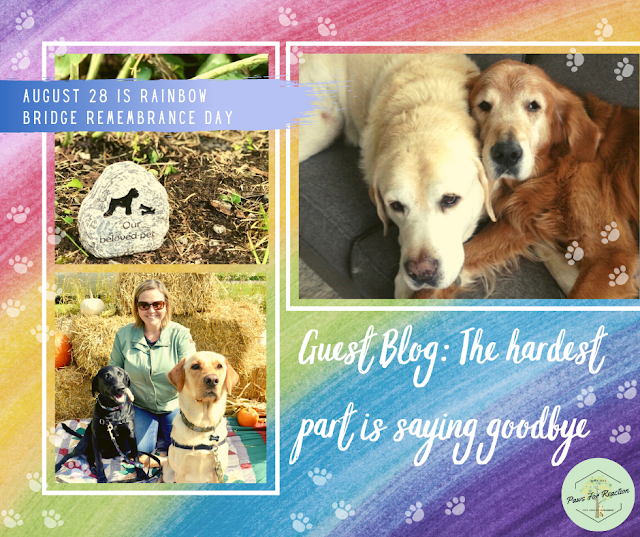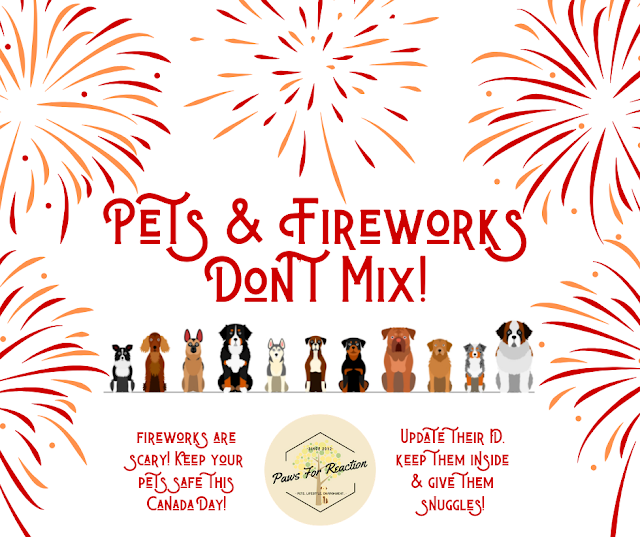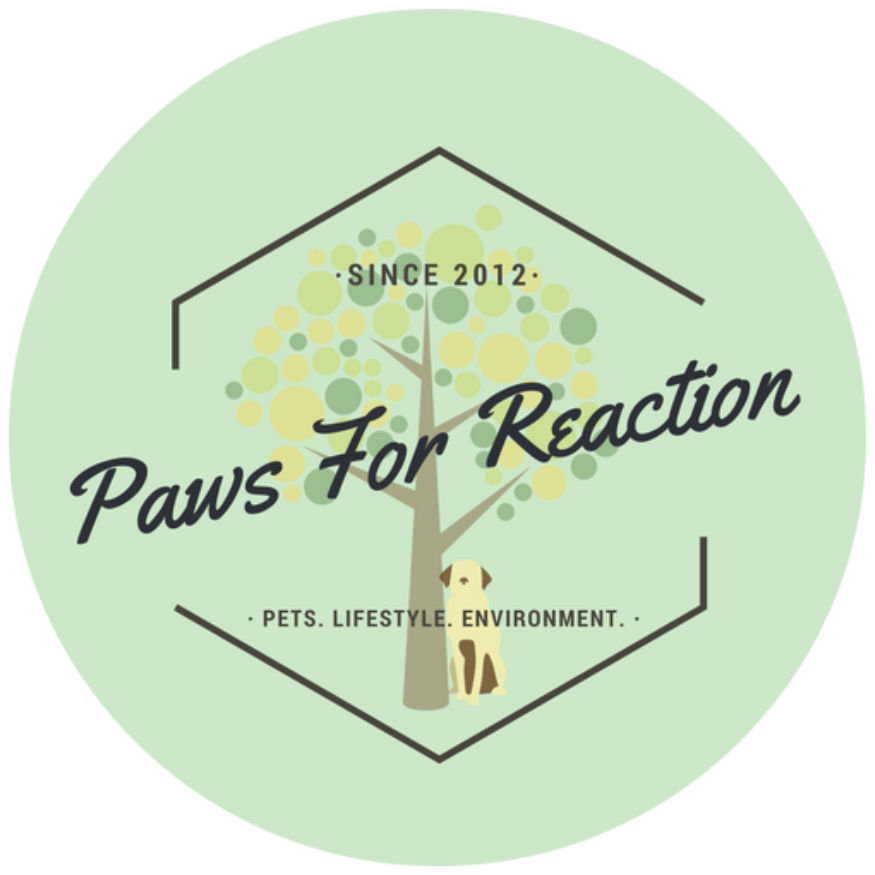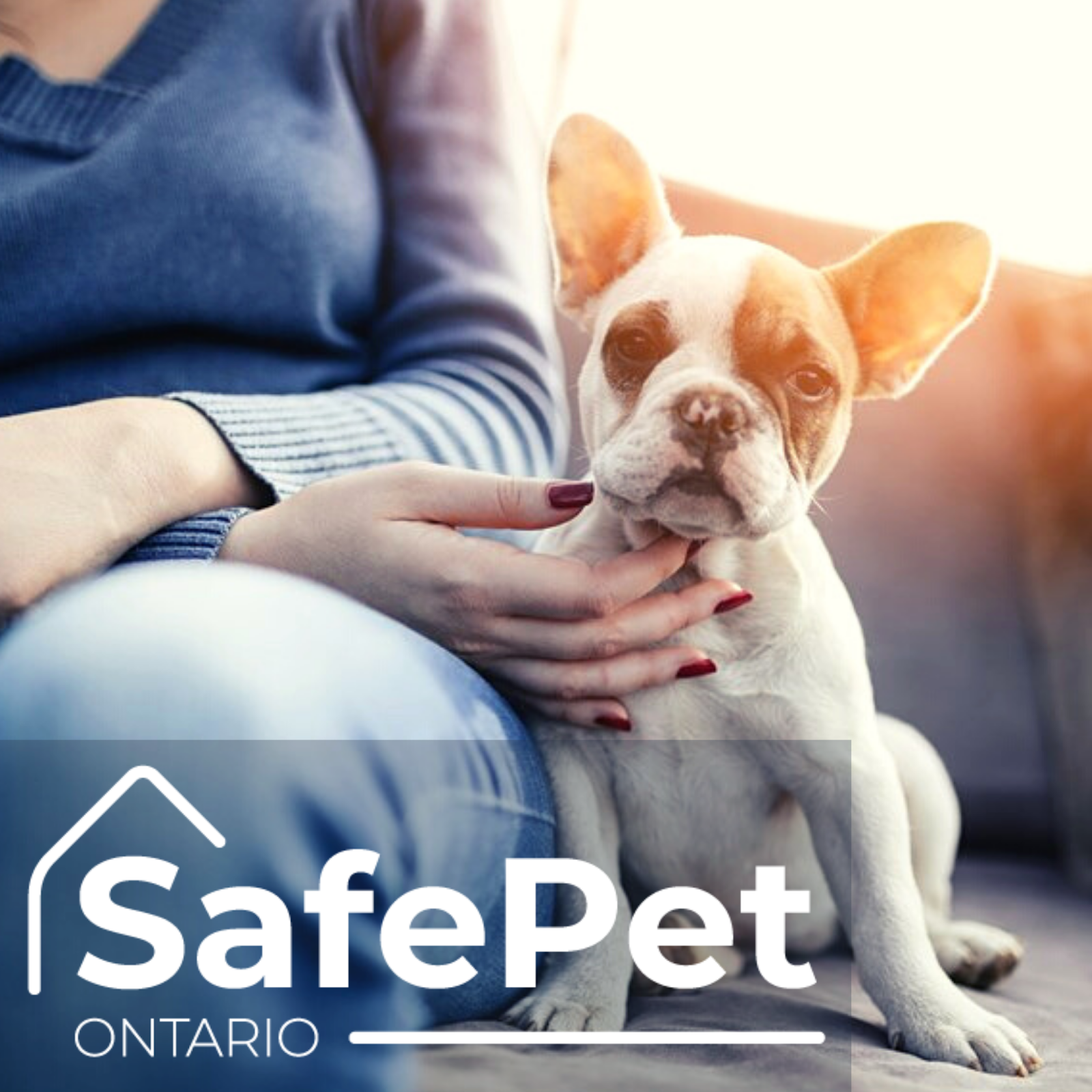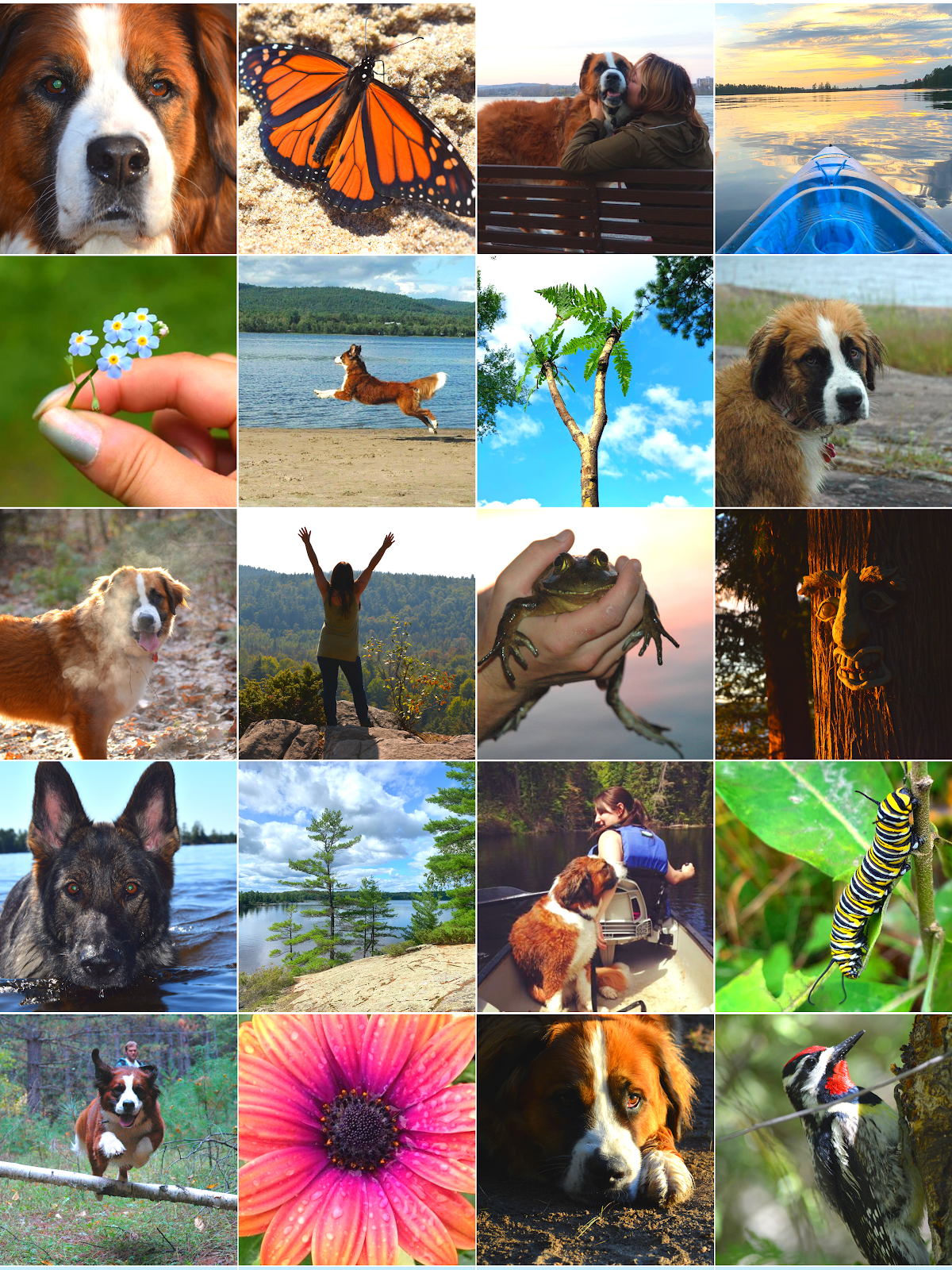Feeding Ottawa's fur-families: Ottawa Paw Pantry is dedicated to supporting community pets in need
Food banks have been a lifeline for people struggling to make ends meet. I'm not immune to struggle- I have used the services of the Food Bank. That's why donating to and supporting local food banks has been a passion of mine. But what about our pets? They're family and we are responsible for feeding them, but sometimes we need help. In Ottawa there is a non-profit that has been dedicated to supporting fur-families in need.
Toxic food, dangerous decorations, and problematic parties: How to keep your pet safe from dangerous holiday hazards
I enjoy holiday food and festivities! As much as I know Hazel loves her advent calendar and opening her stocking on Christmas morning, I'm well aware that including her in some holiday traditions has me barking up the wrong Christmas tree. The holidays can be loud and scary for a pet. It can be sensory overload, and at times they can feel threatened. Your pet is a valued member of the family, and ensuring they are safe and comfortable during this festive season is important. The holidays pose many risks for your pet- health risks as well as a risk of heightened anxiety. Christmas dangers are everywhere, so it's important to keep your pet safe. I've put together a comprehensive list of holiday hazards and tips about how to keep your pet safe during the Christmas season.
Under your wing: How you can help wild birds survive the winter
Season's Tweetings! Birds fly into your life providing majestic beauty and songs to brighten your day. During the winter months, birds need extra help finding food, shelter, and help when they are hurt. The Ottawa Valley Wild Bird Care Centre (OVWBCC) works tirelessly through the winter- and the rest of the year- to take birds under their wing. The OVWBCC team knows that one small act of kindness can help save a bird's life. Patty McLaughlin, Education and Public Engagement Coordinator at OVWBCC, and her team are working hard to raise awareness about the help birds need throughout the winter and I was fortunate enough to get expert tips about how to support the wild bird community this holiday season. I had many questions for Patty. How can you help wild birds survive the harsh winter weather? What do birds need in the winter to help them find food, shelter, and medical care? What can I do at home?
Christmas mourning: How to cope with your first holiday season after losing a pet
I'm forcing myself to be festive this year. I've had times in my life when I skipped Christmas altogether. "I'm not Christmasing this year," I'd say when people asked me standard holiday questions like "Do you have your tree up yet?" This year I'm forcing myself to be festive for the sake of my mental health. One small reason is the COVID-19 pandemic has sucked so much happiness out of 2020 that I'm trying to infuse some of the obligatory Christmas joy into what's left of the year. The biggest reason for my forced festivities is Keira. More specifically the loss of Keira I suffered earlier this year.
Deck the DIY gift ideas: Homemade mason jar lid Christmas tree ornaments
Christmas isn't just a time for giving; it's also a time for crafting! I love mixing the two and making my family homemade Christmas gifts every year. Sometimes I make my own cards, sometimes I bake- I've even made my own candles using teacups found at yard sales and thrift stores. But my favourite Christmas craft is mason jar lid tree ornaments.
Rabies risks: Thinking about not vaccinating your pet against rabies? Here's what you need to know

I'm one of the many folks across the world anxiously waiting for a COVID-19 vaccine. Vaccines are one of the most impactful inventions for humanity, and working in veterinary medicine has allowed me to experience first hand the power of vaccines. Watching a puppy die from canine parvovirus is a devastating experience, but it has given me a deeper respect for vaccines. Especially the rabies vaccine. Rabies is a fatal disease that affects mammals. Rabies is a zoonotic disease, meaning it can be transmitted from animals to humans. Non-mammals, including fish, poultry, birds, reptiles, and amphibians can’t get rabies. Rabies is spread through the saliva of an infected animal. The animal bites a human or animal, breaking the skin, and the infected saliva gets into the wound, passing the disease on to the victim. You can also become infected by getting saliva, brain or spinal tissue from an infected animal (dead or alive) in an open cut, sore, wound, eyes, mouth, or nose.








